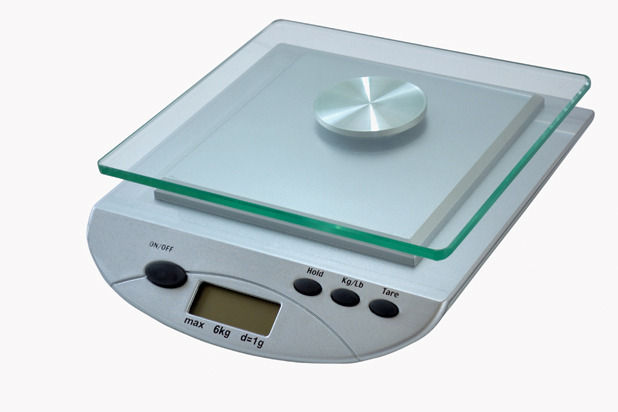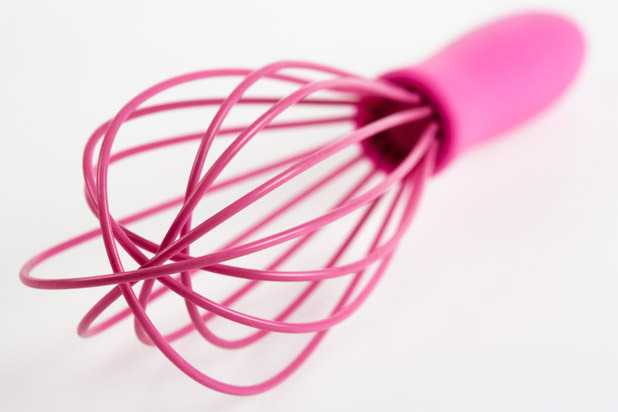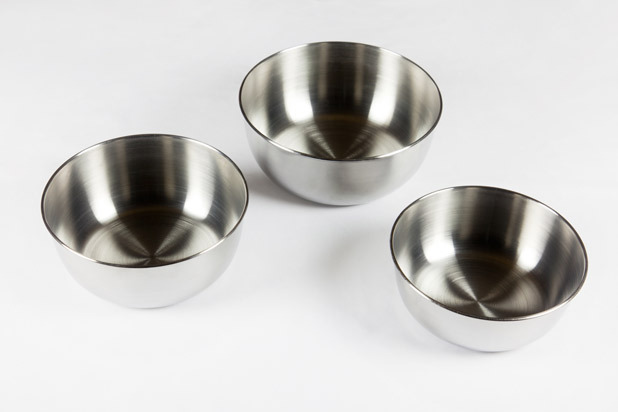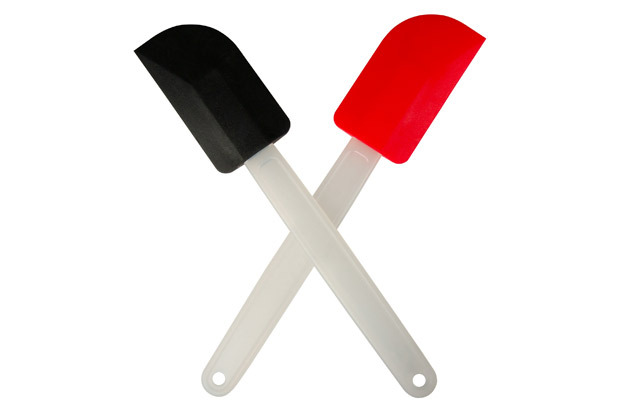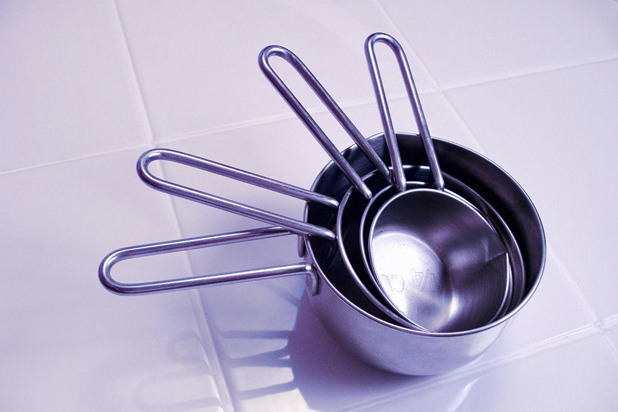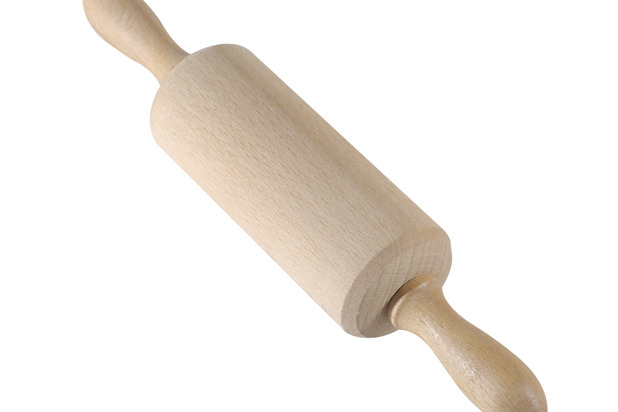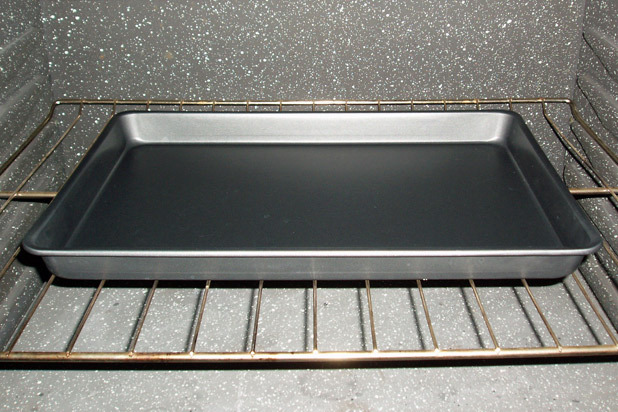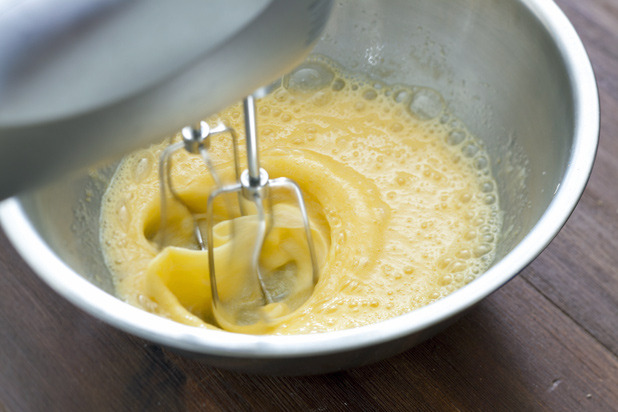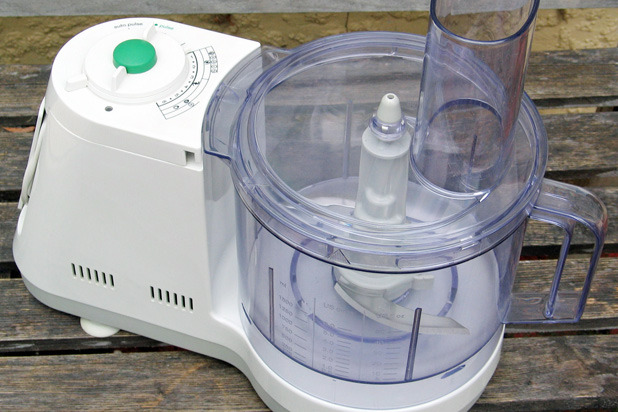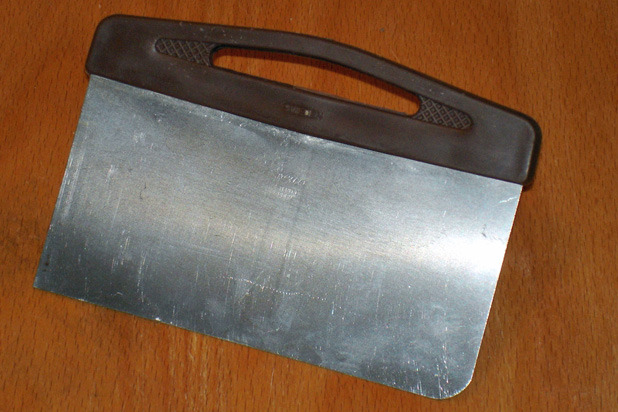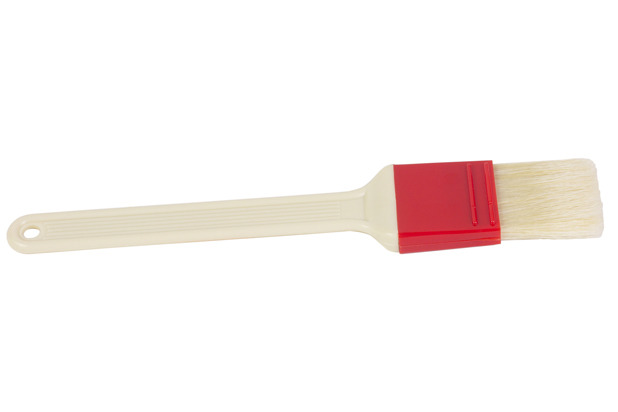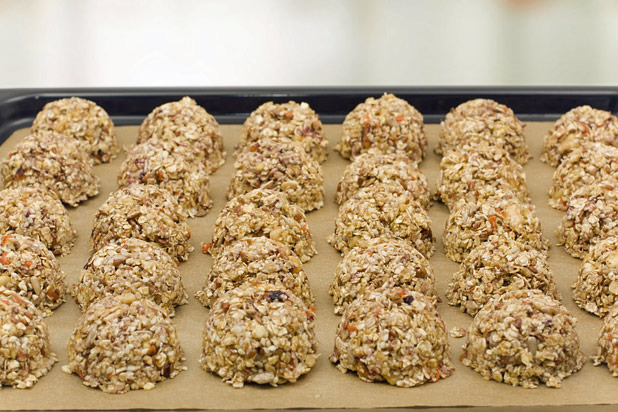Essential Baking Tools Slideshow
Oven temperatures can diverge wildly from the stated settings. If you're planning on doing any baking, braising, or roasting in your oven (or anything at all), spend a few bucks on an oven thermometer to find out what temperature your oven is really at when you set it to say, 350 degrees.
Kitchen Scale
While many baking recipes geared toward home cooks give measurements in terms of volume, for the greatest accuracy, you'll want to work in terms of weight, especially with dry ingredients. That's because ingredients like flour and sugar can have chunks if not sifted, or settle, and the weight of a cup of flour can vary dramatically because of this. Take the safe road and know exactly how much sugar you've measured out with a kitchen scale. Look for ones with a glass surface for easy cleanup, and for the greatest accuracy, go digital.
Whisk
For some people, a whisk is a whisk, but for people who plan on making meringue, they might want to look into balloon whisks.
Balloon whisks are big and, well, balloon-shaped, which means they're great for incorporating air into egg whites or anything else that needs to be fluffed up. Balloon equals air.
Mixing Bowls
Choose stainless steel bowls for ease of cleanup and maximum durability. Have on hand at least three different sizes — small, medium, and large.
Spatula
Choose heat-resistant silicone spatulas for the greatest versatility. That way, you won't be confined to just folding batter with them. You'll be able to safely use them to make omelettes and scrambled eggs too, without having them melt.
Measuring Cups and Spoons
When baking, chances are you'll want to stick to the directions, and you'll need to be able to measure out ingredients precisely as they're written. Choose stainless steel ones for superior durability. For ease of use, you may choose to invest in a glass wet measure cup as well as a set of dry measure cups. Why? Because wet measure cups are easier to use with liquids than dry measure cups, which are meant to be filled to the top rather than up to a line. Imagine picking up a dry measure cup full of liquid — sploosh!
Rolling Pin
If you plan on working with dough at all, a rolling pin is a must.
Baking Sheet
Choose a high-quality, heavy-duty baking sheet. Avoid ones that are too thin, or they will bend under the heat and your goods won't bake evenly.
Mixer
There's no need to spend a ton of money on a KitchenAid stand mixer; for most purposes, a handheld mixer will do just fine.
Food Processor
People who are well-practiced at making pie dough by hand don't need one of these; for everyone else, a food processor is a practical tool that's useful for many other things as well.
Bench Scraper
Great for cleanup whenever you're working with flour or dough directly on your work surface.
Pastry Brush
Useful for everything from brushing off sugar crystals from the sides of a pan to brushing on egg wash, a pastry brush is an indispensable tool in any baker's kitchen.
Parchment Paper
OK, OK, so it's hard to really call parchment paper a "tool." But look at just about any cookie recipe and chances are, at some point, you'll need parchment paper. It's a must for anyone wishing to keep their baked goods from sticking to the baking sheet.
